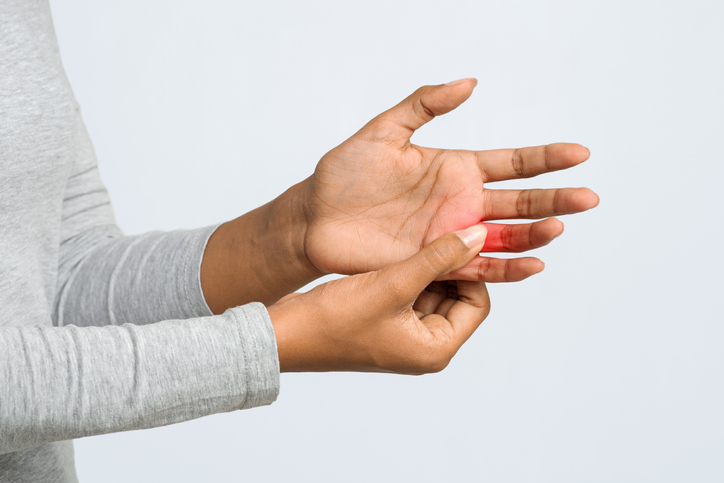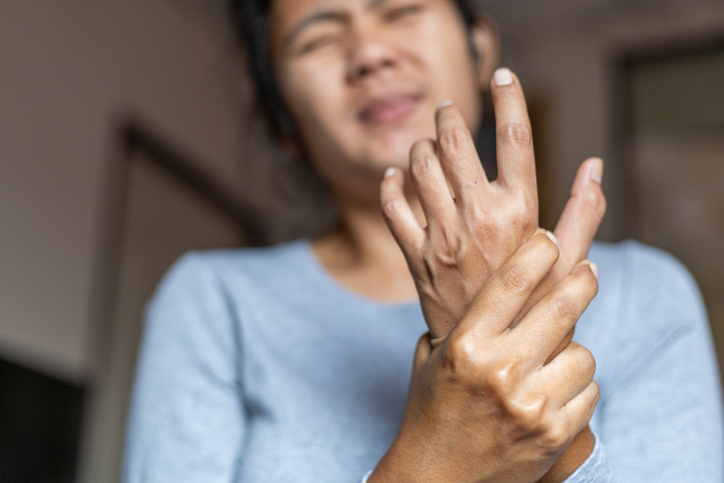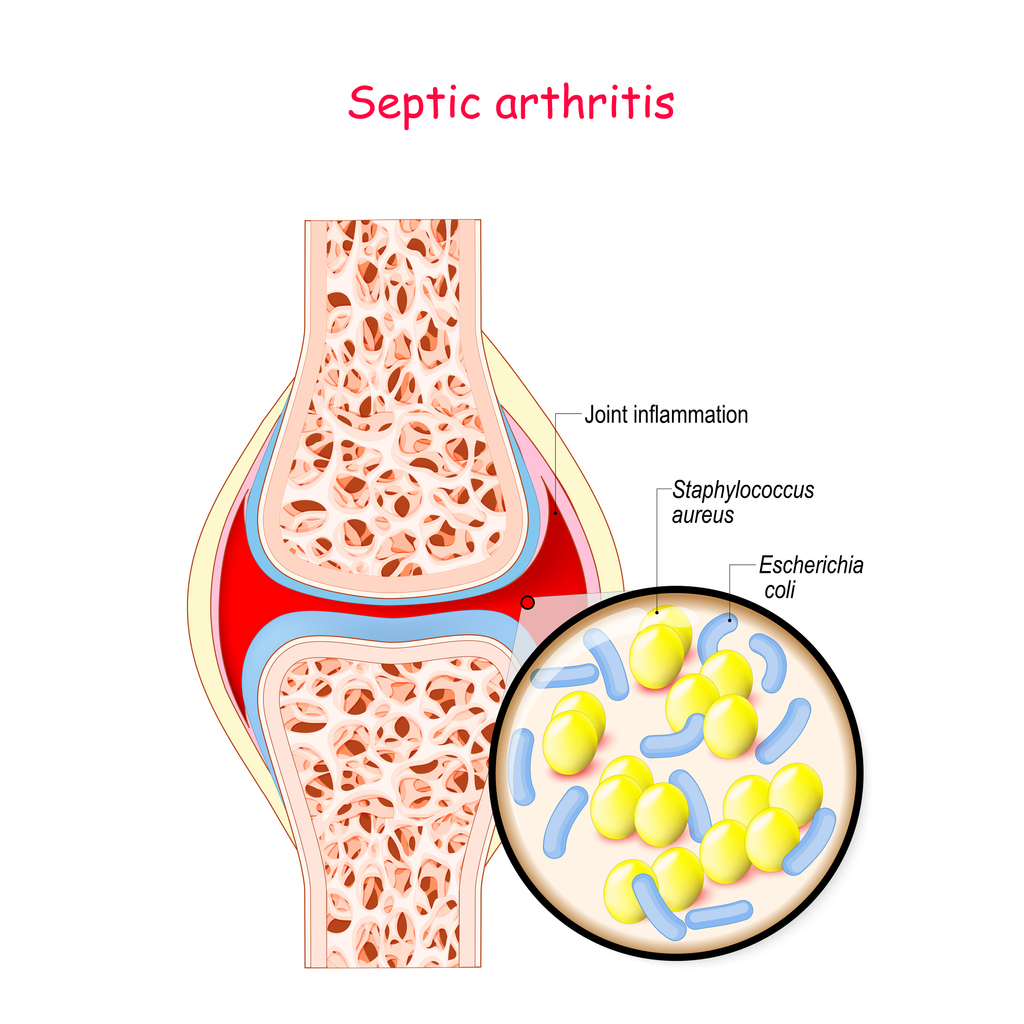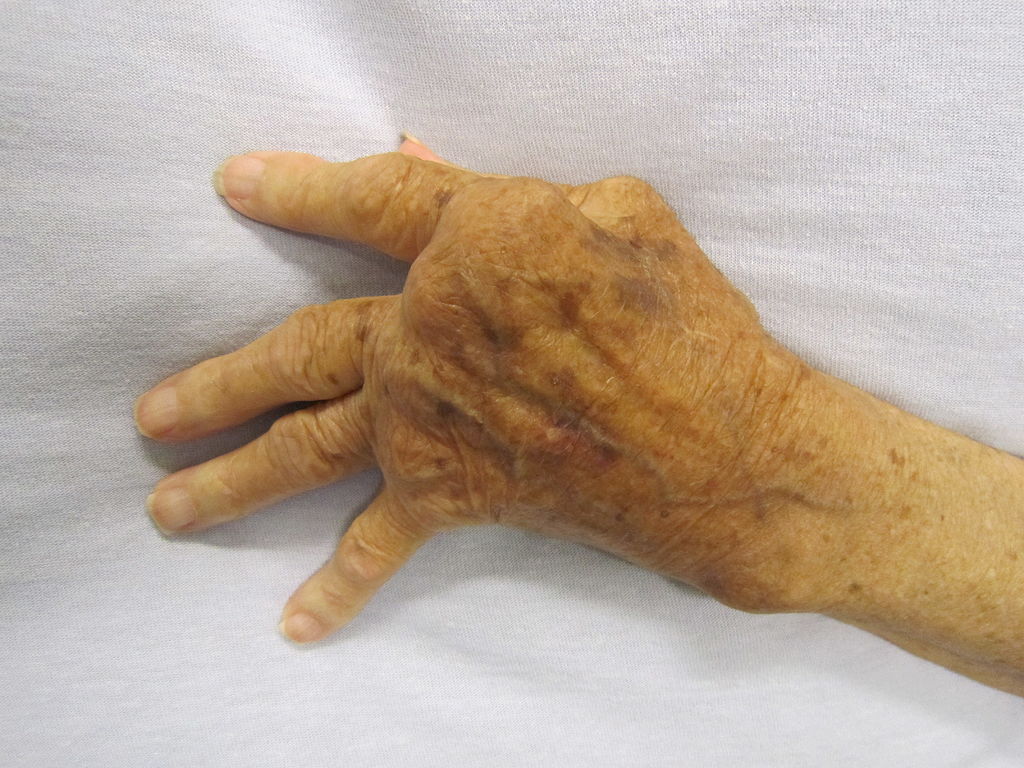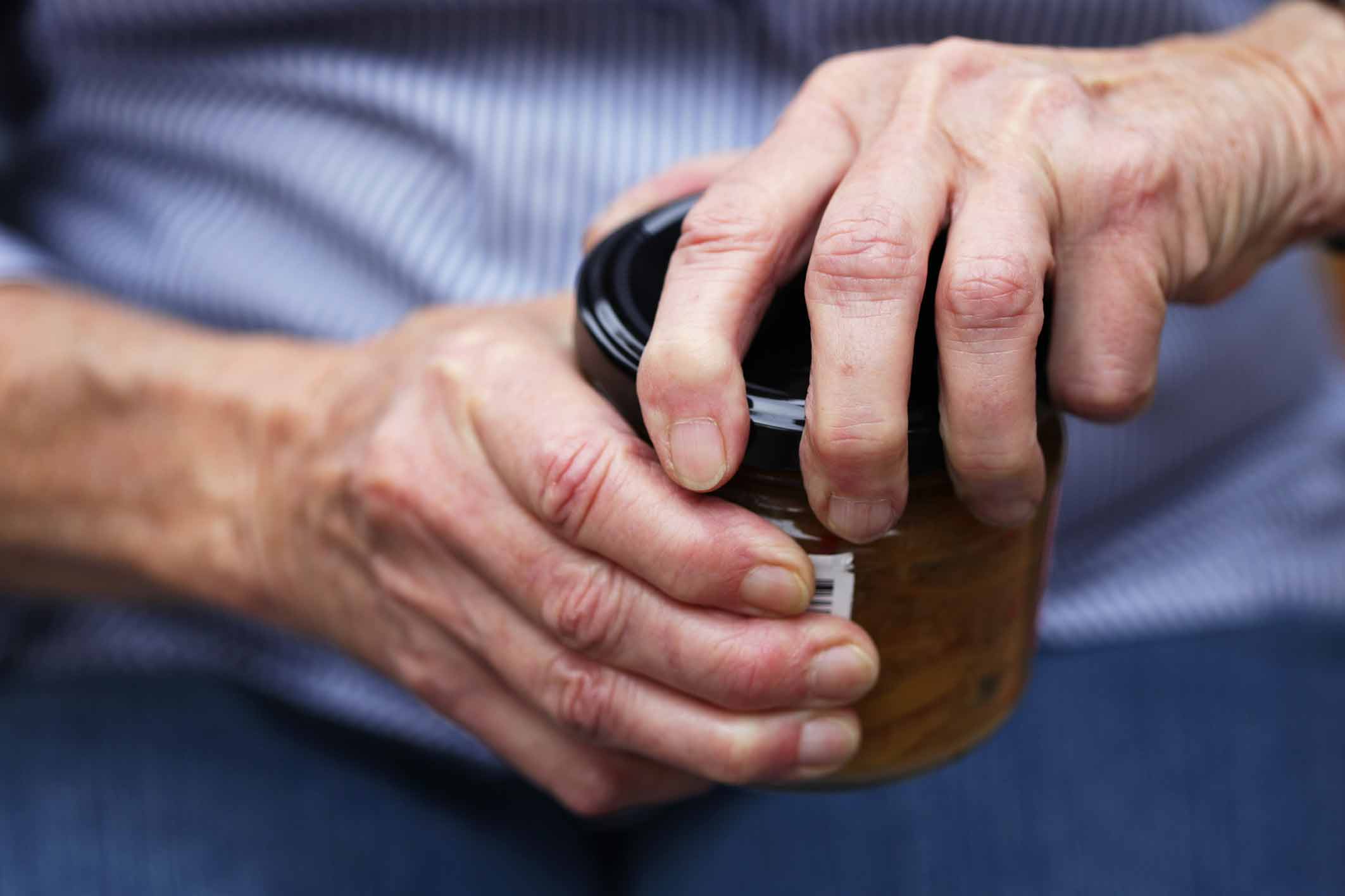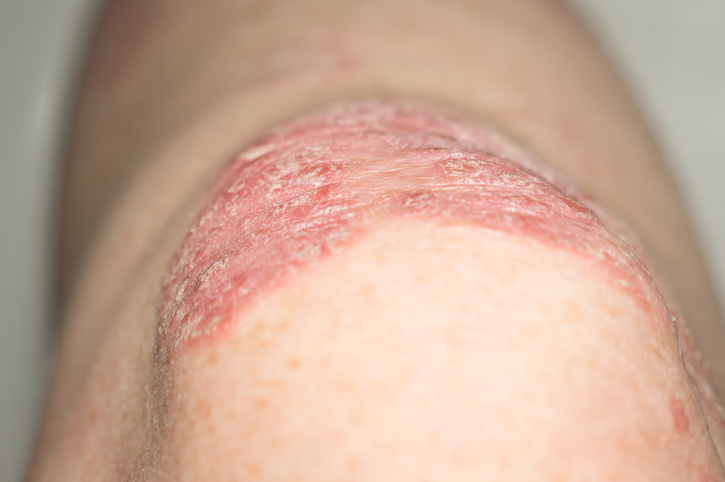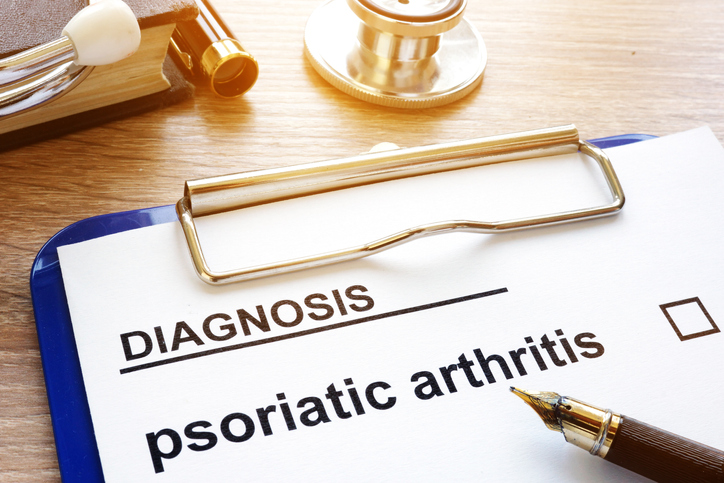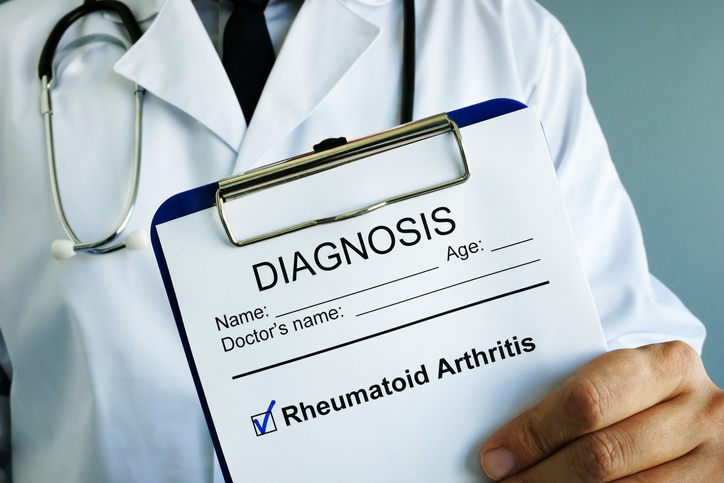Pain
Diagnosing Juvenile Idiopathic Arthritis (JIA)

What is juvenile idiopathic arthritis?
Juvenile idiopathic arthritis (JIA), formerly known as juvenile rheumatoid arthritis, is the most common type of arthritis in children 16 years or younger. It is an autoimmune disease in which the immune system mistakenly attacks healthy cells and tissues in one or more joints, causing pain, swelling, and stiffness. Unlike other forms of arthritis, a child with JIA can outgrow the condition, but bone development may be affected.
A diagnosis of juvenile idiopathic arthritis requires that the child be 16 years or younger with swelling and inflammation in at least one joint for no less than six weeks.
Diagnostic process
No single test can confirm a diagnosis of juvenile idiopathic arthritis; however, tests can rule out other conditions that have similar symptoms. In order to be diagnosed with JIA, inflammation in one or more joints must be present for at least six weeks, and the possibility of other conditions must be eliminated. If JIA is suspected, a pediatrician typically provides a referral to a rheumatologist for diagnosis and treatment.
Medical history
A health care professional will gather information regarding personal and family medical history. Detailed information about symptoms, such as when symptoms started and how long they have lasted, will also be gathered.
Physical examination
A health care professional will check for tenderness, warmth, swelling, and limited or painful movement or the joints. The eyes and skin will also be examined.
Blood tests
- Erythrocyte sedimentation rate (ESR) and C-reactive protein (CRP) tests Inflammation in the body results in high ESR rates and CRP levels. ESR measures the rate red blood cells settle to the bottom of a tube of blood after it is drawn; this determines the degree of inflammation in the body. CRP measures levels of inflammation on a different scale than ESR.
- Antinuclear antibody (ANA) test
Antinuclear antibodies are proteins produced by the immune system when an autoimmune disease, such as arthritis, is present. A positive ANA test is associated with several types of arthritis. - Rheumatoid factor (RF) test
A positive rheumatoid factor antibody test may signify a more serious condition; however, RF may also be present in the blood of children who have JIA. - Cyclic citrullinated peptide (CCP)
CCP is another antibody that may be present in the blood of children with JIA. - HLA-B27 typing (a genetic marker)
The HLA-B27 gene is associated with autoimmune diseases, such as JIA and ankylosing spondylitis. - Complete blood count (CBC)
Higher levels of white blood cells and lower levels of red blood cells are linked to certain types of arthritis; however, a CBC often doesn’t show significant abnormalities in children with JIA.
Imaging tests
X-rays, ultrasounds, computed tomography (CT) scans, and magnetic resonance imaging (MRI) scans can detect joint damage. X-rays or MRIs can also exclude other conditions. Imaging tests may also be used to monitor bone development in those with JIA.




